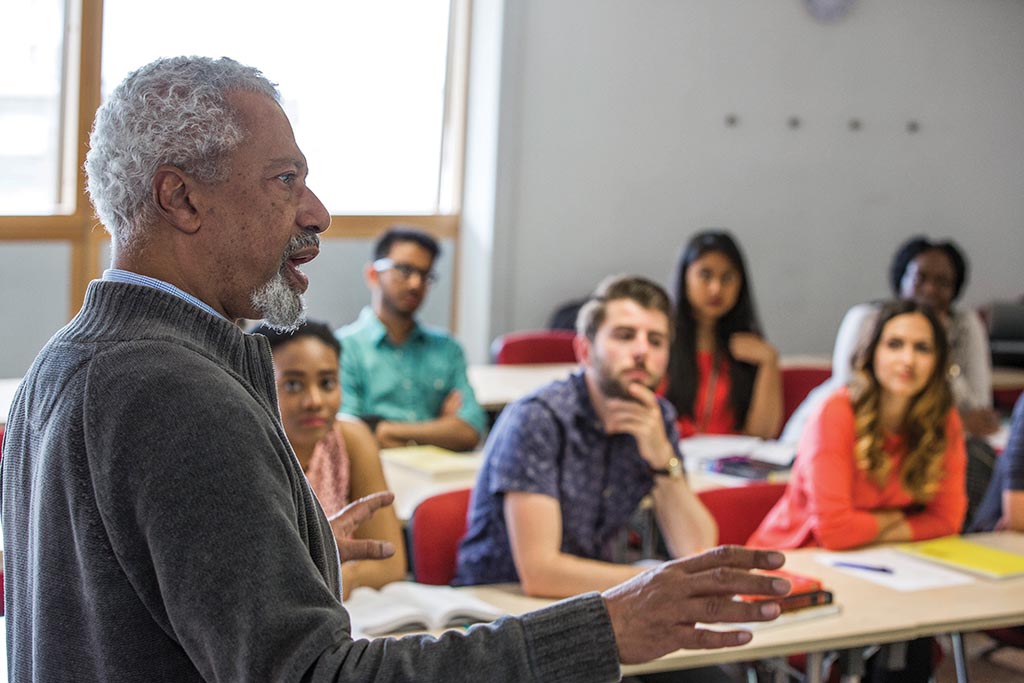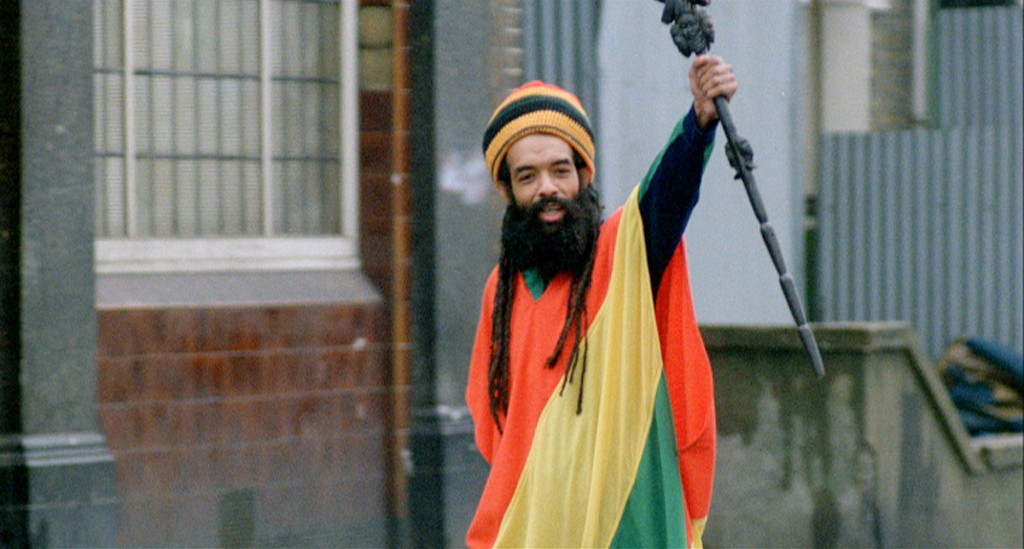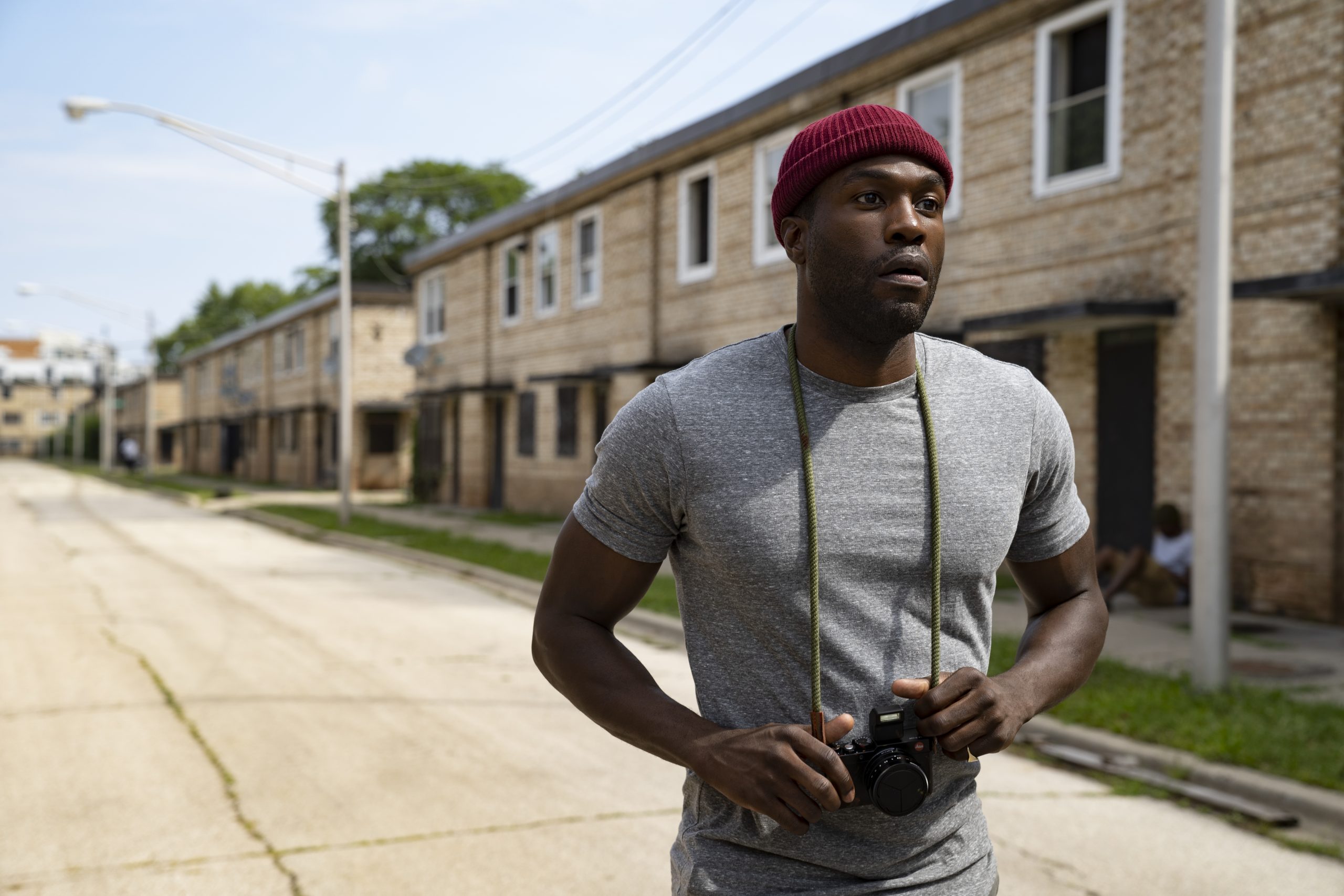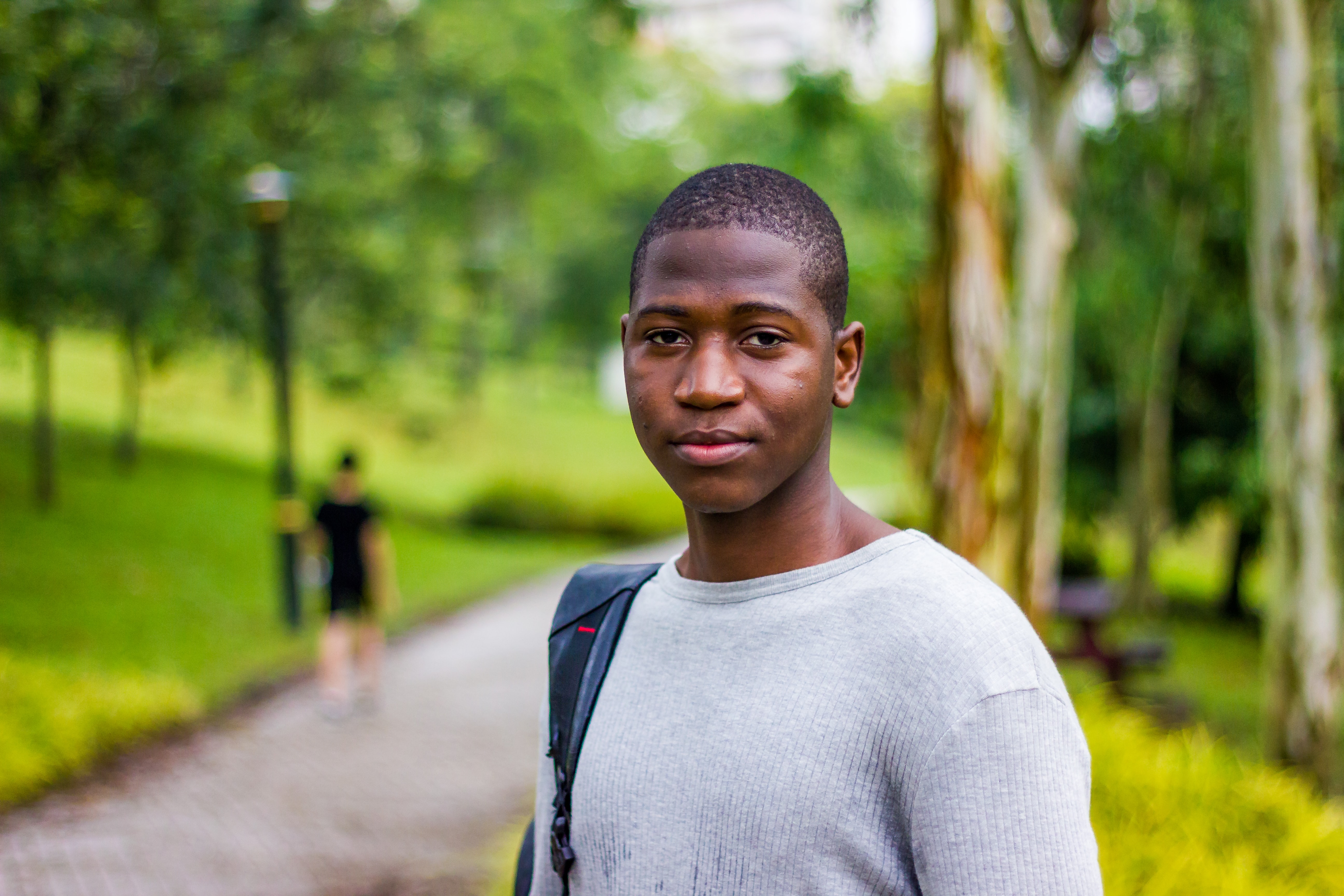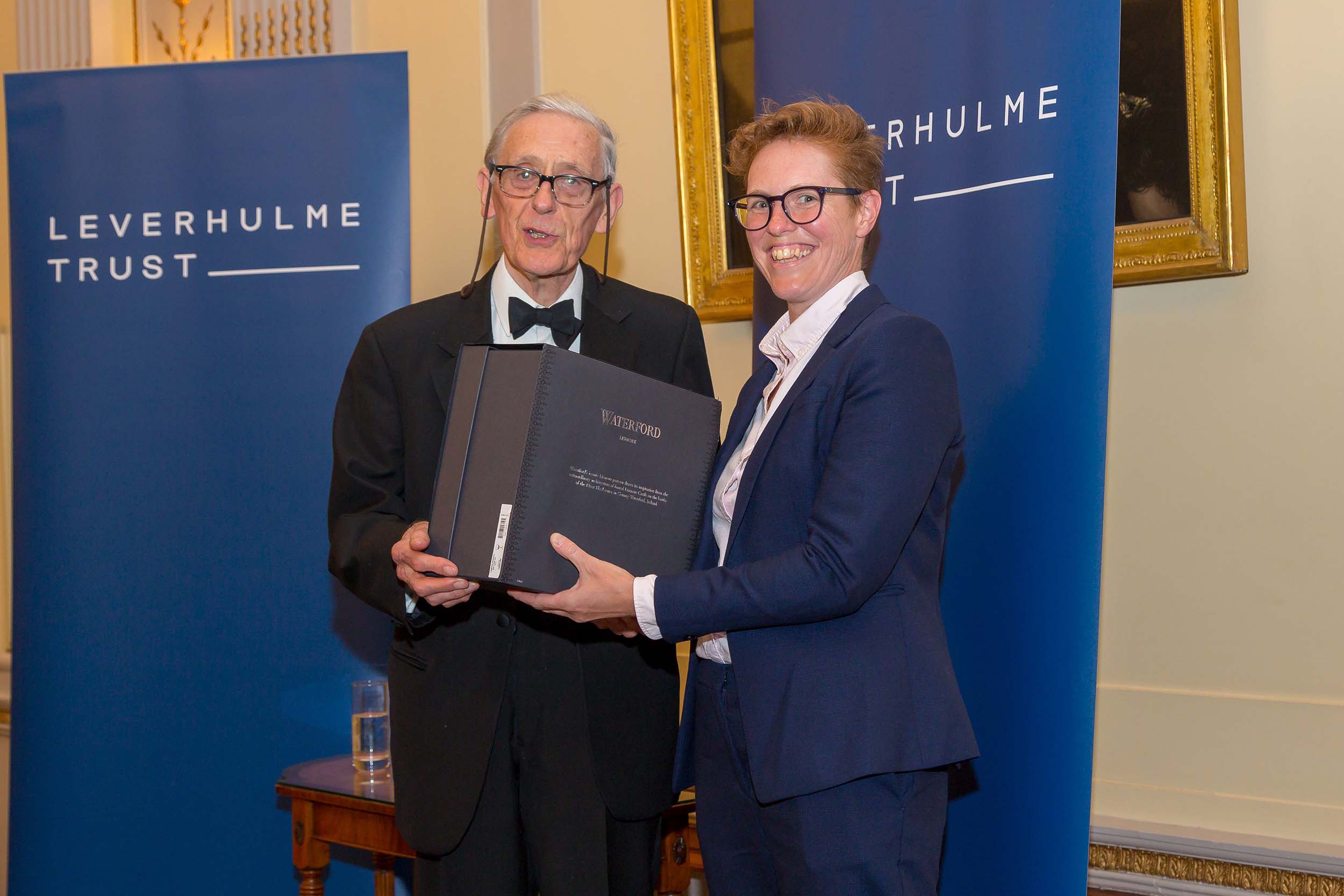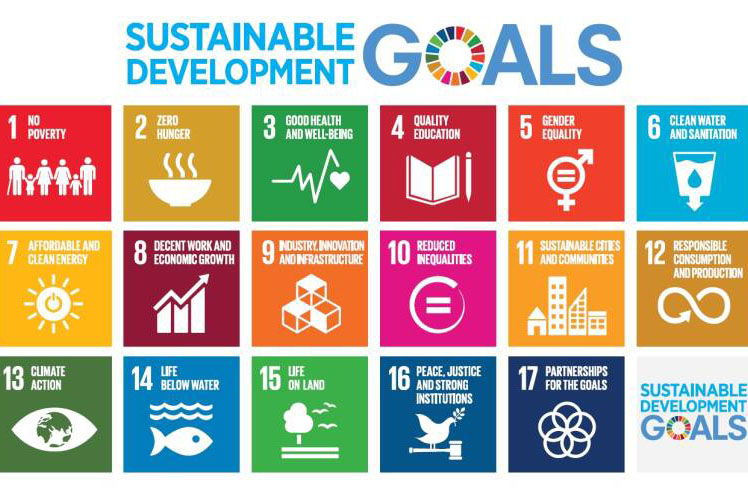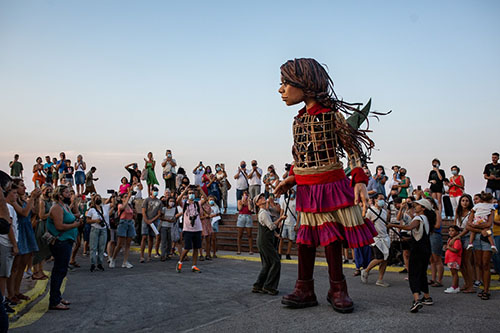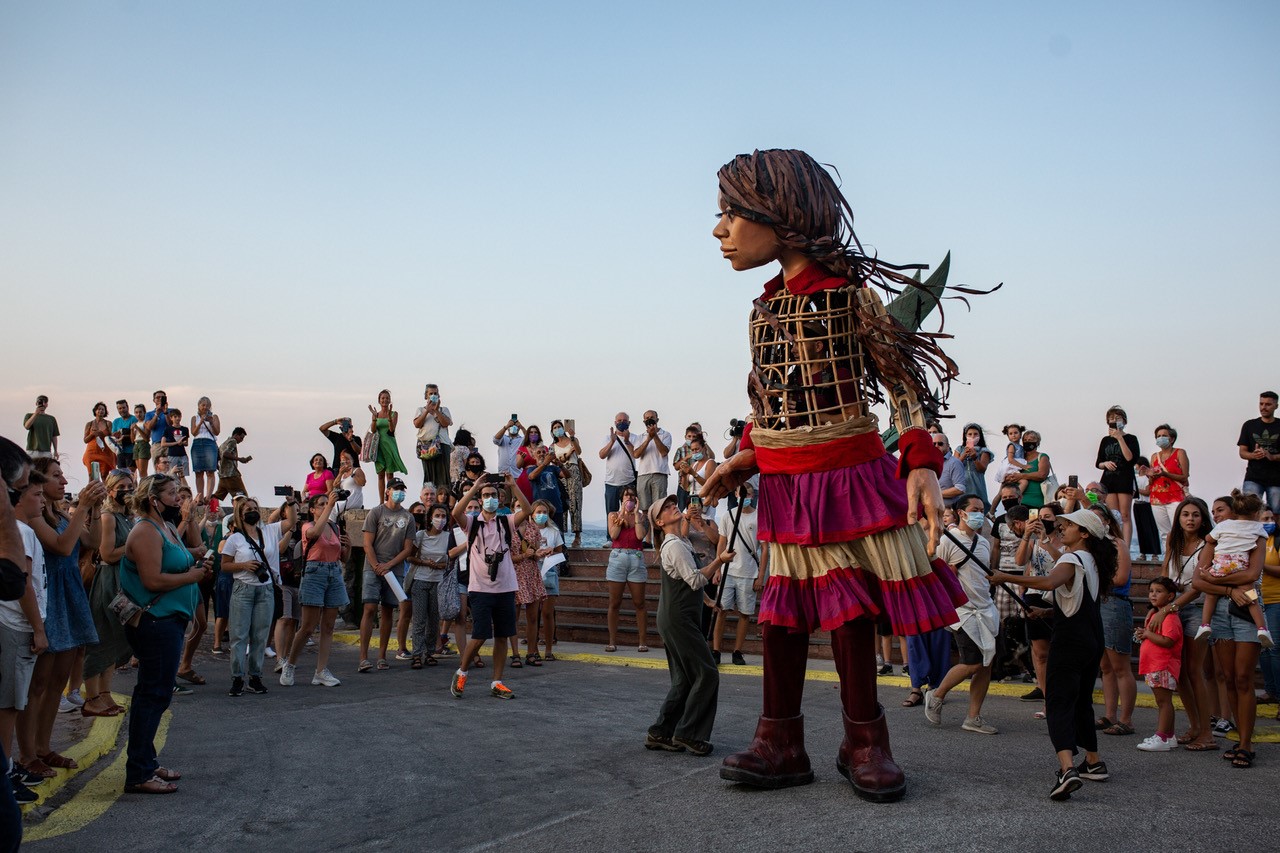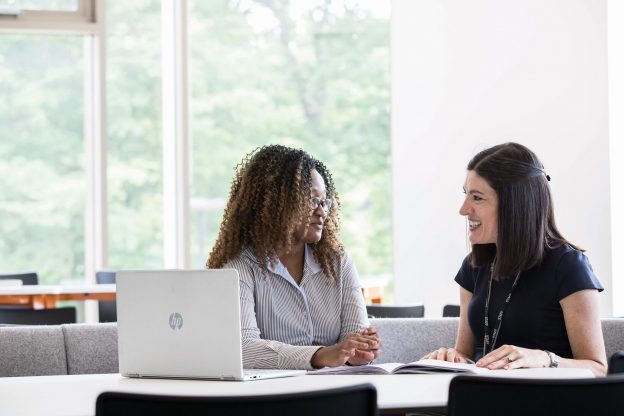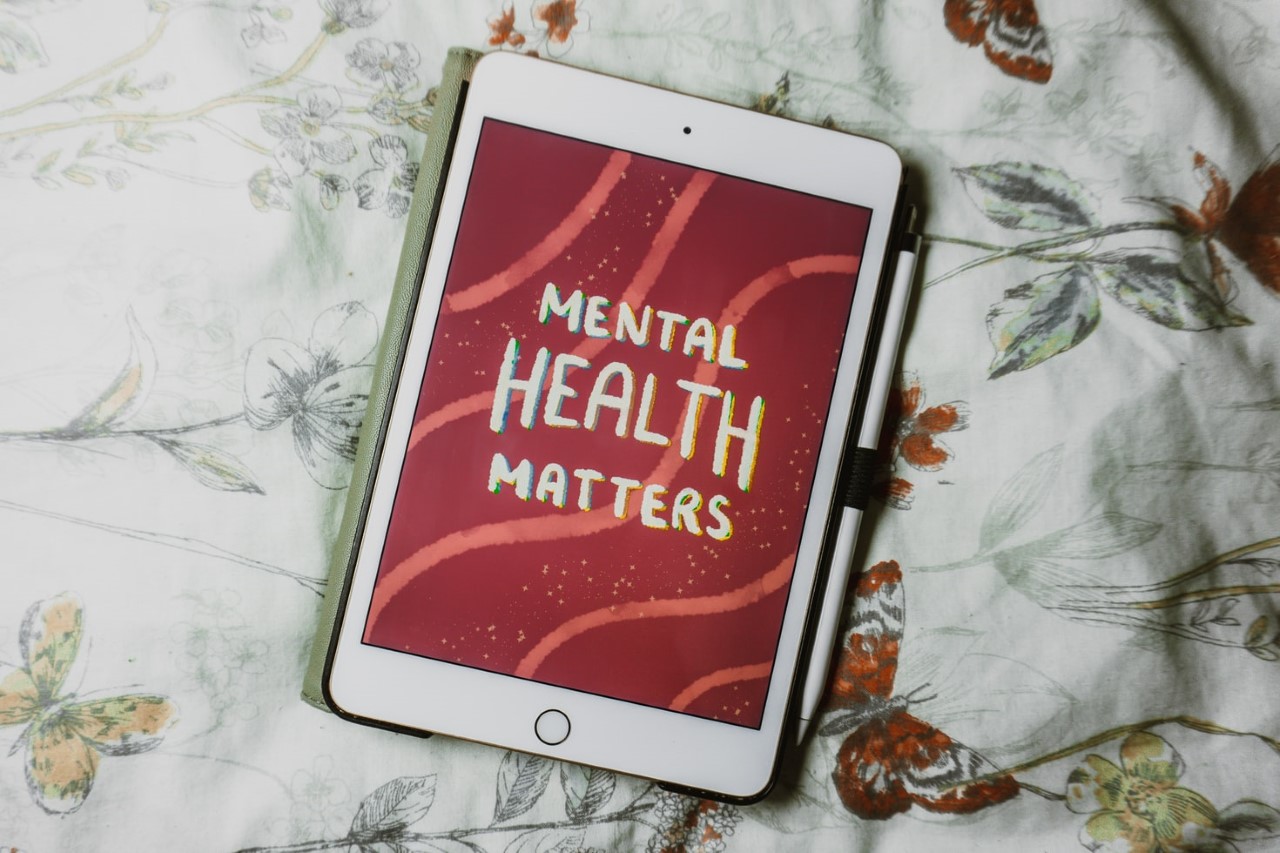Many congratulations to Kent Emeritus Professor and novelist Abdulrazak Gurnah who has been awarded the 2021 Nobel Prize for Literature, “for his uncompromising and compassionate penetration of the effects of colonialism and the fate of the refugee in the gulf between cultures and continents.” Up until his recent retirement, he had been a Professor of English and Postcolonial Literatures at Kent, where he focused primarily on writers such as Wole Soyinka, Ngũgĩ wa Thiong’o and Salman Rushdie.
The University’s Vice-Chancellor and President Professor Karen Cox was among the first to offer congratulations. She said: ‘On behalf of the entire University I’d like to extend our huge congratulations to Abdulrazak for this tremendous achievement. Abdulrazak is a complete inspiration to all of us – as a teacher, an alumnus of Kent and as such a powerful voice in postcolonial literature. His stories, some of which were first drafted in our very own Templeman Library, have touched millions worldwide and shine a light on human experiences that are so often ignored. We couldn’t be prouder of his success.’
Dr Bashir Abu-Manneh, Head of the University’s School of English, added: ‘Abdulrazak Gurnah’s writing epitomises our contemporary condition of displacement, violence, and belonging. His is the struggle for individual voice, for justice, for feeling at home in an ever-changing world. No one writing today has articulated the pains of exile and the rewards of belonging so well. Canterbury and Kent are both his exile and home.’
Abdulrazak Gurnah’s background
Abdulrazak was born in 1948 and grew up on the island of Zanzibar in the Indian Ocean but arrived in England as a refugee in the end of the 1960s. After the peaceful liberation from British colonial rule in December 1963 Zanzibar went through a revolution which led to oppression and persecution of citizens of Arab origin.
Gurnah belonged to the victimised ethnic group and after finishing school was forced to leave his family and flee the country, by then the newly formed Republic of Tanzania at the age of eighteen. Not until 1984 was it possible for him to return to Zanzibar, allowing him to see his father shortly before the father’s death.
Abdulrazak Gurnah’s work
Abdulrazak has published ten novels and several short stories, with the theme of the refugee’s disruption running throughout his work.
His debut novel, ‘Memory of Departure’ (1987), is about a failed uprising and is located on the African continent. In the story, the gifted young protagonist attempts to disengage from the social blight of the coast, hoping to be taken under the wing of a prosperous uncle in Nairobi. Instead he is humiliated and returned to his broken family.
Gurnah often allows his narratives to lead up to a hard-won insight. A good example is his third novel, ‘Dottie’ (1990), which portrays a Black woman of immigrant background growing up in harsh conditions in racially charged 1950s England.
To find out Anders Olsson, Chairman of the Nobel Committee, view’s on Abdulrazak’s work please read his bio on the Nobel Prize 2021 website.
Worldwide media coverage
News about Abdulrazak’s award has already attracted a phenomenal amount of interest from around the world. Within 24 hours of its announcement, there were almost 700 print and online articles mentioning Kent and 300 broadcast pieces. Quotes from either the Vice-Chancellor Karen Cox or Head of English Dr Bashir Abu-Manneh were included in The Times, The New York Times, BBC News and Times Higher among others. Our top-performing social media posts attracted 17k+ reach on Facebook, 22k impressions on LinkedIn and significant engagement on multiple posts on Twitter
A tribute site to Abdulrazak has also been put together, bringing together testimonies from staff, students and alumni
